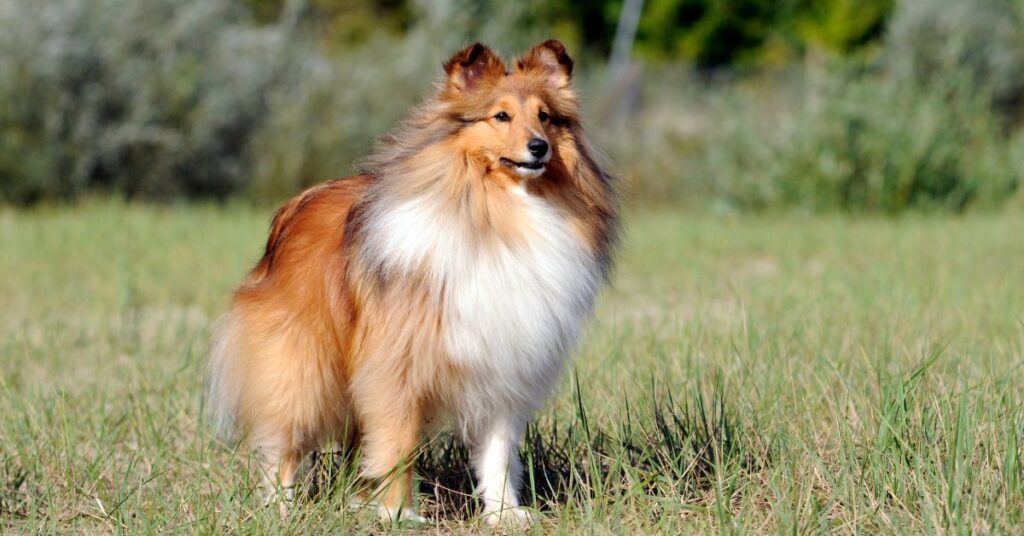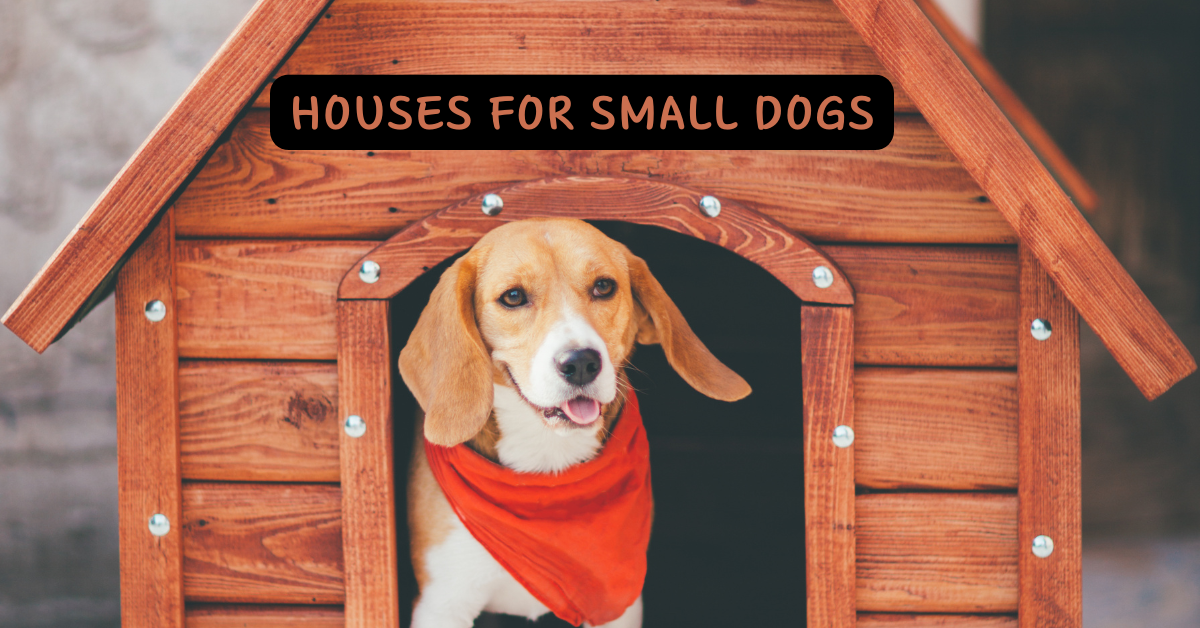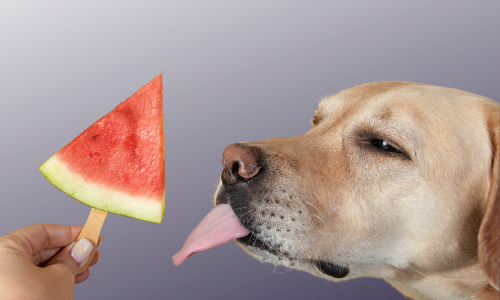The Shetland Sheepdog, often referred to as the “Sheltie,” is a small and intelligent breed known for its agility, loyalty, and herding instincts. Originating from the Shetland Islands of Scotland, this breed is valued for its work ethic, affectionate nature, and excellent trainability.
*Disclaimer: This Post May Contain Affiliate Links. This Means That I Receive A Small Commission At No Extra Cost To You Should You Click Through And Make A Purchase. Learn More On My Policy Page
Breed Characteristics
- Breed Category: Herding Group
- Size: Small to medium
- Coat Length: Long
- Shedding: High
- Hypoallergenic: No
- Grooming Requirements: High; regular brushing needed
- Life Span: 12-14 years
- Activity Level: Moderate to high
- Temperament/Personality: Loyal, intelligent, affectionate
- Intelligence: High
- Trainability: High; responds well to positive reinforcement
- Space Requirement: Medium to large; needs room to run and play
- Compatibility with Children & Other Pets: Generally excellent, with proper socialization
- Health Issues: Prone to certain genetic conditions, such as hip dysplasia and progressive retinal atrophy (PRA)
- Nutrition Needs: High-quality diet with balanced nutrients
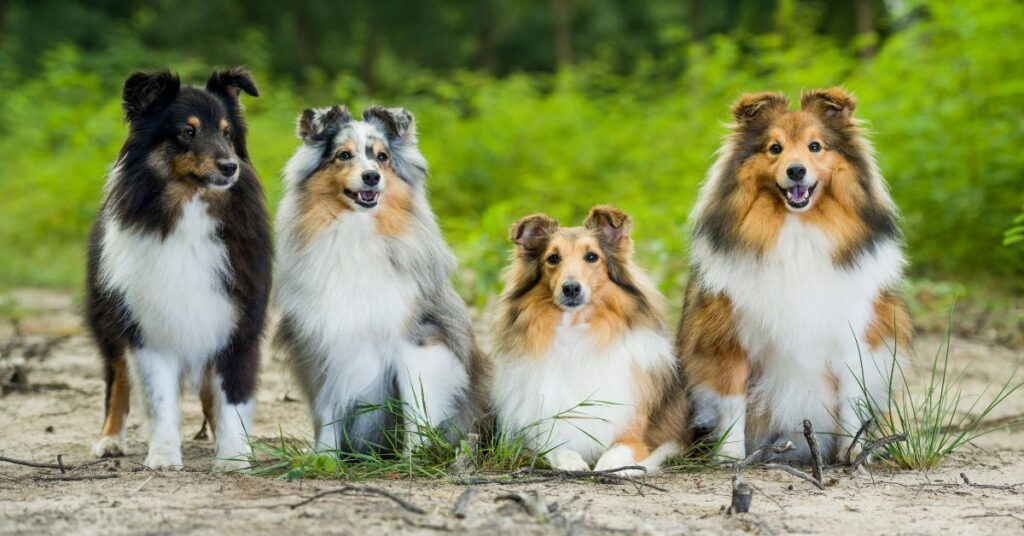
Origin and History
The Shetland Sheepdog originated in the Shetland Islands of Scotland, where it was developed as a herding dog used to manage small livestock. The breed’s history dates back several centuries, with early references to a small, agile herding dog in Shetland records. Shelties were prized for their intelligence, agility, and ability to work in rugged terrain. Today, the breed is still appreciated for its herding abilities but is also popular as a loyal and intelligent family companion.
Appearance and Physical Characteristics
Shetland Sheepdogs are small to medium-sized dogs, standing between 13 to 16 inches tall and weighing between 15 to 25 pounds. They are best known for their long, flowing coat, expressive eyes, and alert expression. The breed has a compact, agile build and a graceful, elegant appearance. Shelties are known for their speed, agility, and intelligence, as well as their affectionate and loyal nature.
Temperament and Personality
Shetland Sheepdogs are known for their loyal and affectionate nature. They are highly devoted to their families and make excellent companions. The breed is also known for its intelligence and excellent trainability. Shelties are generally good with children and other pets, making them excellent family dogs. Their affectionate and gentle nature means they require regular interaction and mental stimulation to stay happy.
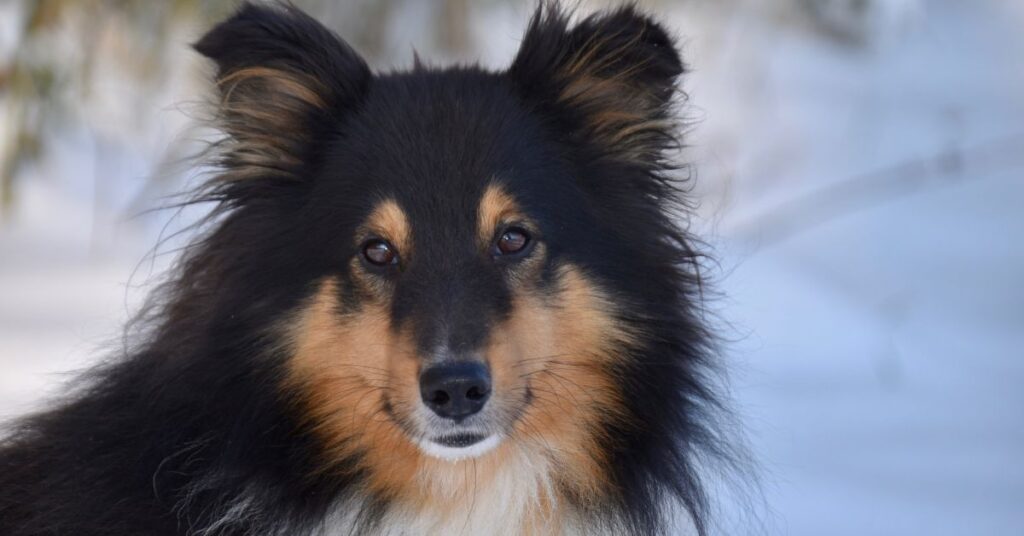
Intelligence and Trainability
The Shetland Sheepdog is a highly intelligent breed that responds exceptionally well to positive reinforcement training. They are quick learners and excel in various dog sports, including obedience, agility, and herding trials. Early training and socialization are important to ensure they develop good behavior and obedience. The breed’s intelligence and work ethic make them well-suited for various activities and tasks.
Compatibility with Children and Other Pets
Shetland Sheepdogs are generally excellent with children and other pets, especially when properly socialized from a young age. Their gentle and affectionate nature makes them great companions for families. The breed’s herding instincts may lead them to try and “herd” small children or other pets, so supervision is recommended. Shelties can coexist peacefully with other animals, but early socialization is key to ensuring they get along well with other pets.
Health and Nutrition
Shetland Sheepdogs are generally a healthy breed but can be prone to certain health issues, such as hip dysplasia, progressive retinal atrophy (PRA), and Collie Eye Anomaly (CEA). Regular veterinary check-ups, a balanced diet, and proper exercise are essential for maintaining their health. A high-quality diet that supports their active lifestyle is recommended. Owners should be mindful of portion sizes and feeding schedules to prevent obesity and associated health issues.
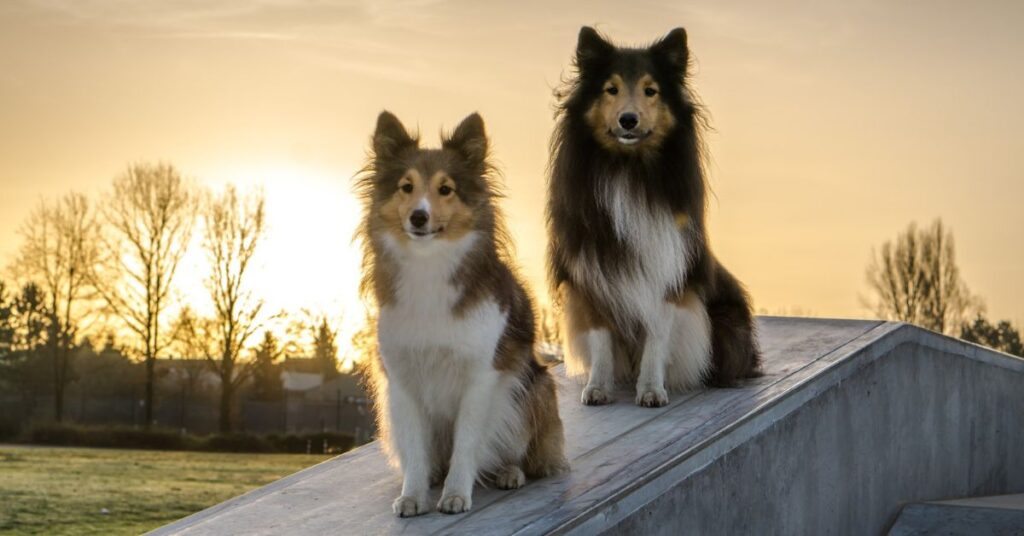
Exercise and Activity Level
Shetland Sheepdogs have moderate to high energy levels and require regular exercise to stay healthy and happy. They enjoy activities such as running, playing fetch, and participating in dog sports. The breed thrives in homes with ample space for physical activities and enjoys being outdoors. Shelties benefit from daily walks and opportunities to engage in mentally stimulating activities. Without adequate exercise, they may become bored and develop behavioral issues.
Grooming Needs
The grooming needs of Shetland Sheepdogs are high due to their long, double coat. Regular brushing is necessary to prevent mats and tangles and to manage shedding. Bathing should be done as needed, and routine grooming tasks such as dental care, ear cleaning, and nail trimming are important to prevent common health issues. The breed’s coat requires significant maintenance compared to some other breeds, making it suitable for owners who are prepared for a more intensive grooming routine.
Training and Socialization
Early training and socialization are crucial for Shetland Sheepdogs. Positive reinforcement techniques work best, as they are sensitive to harsh training methods. Socializing them with various people, environments, and other animals helps them develop into well-rounded and confident adults. The breed’s intelligence and eagerness to please mean that consistent and patient training is necessary.
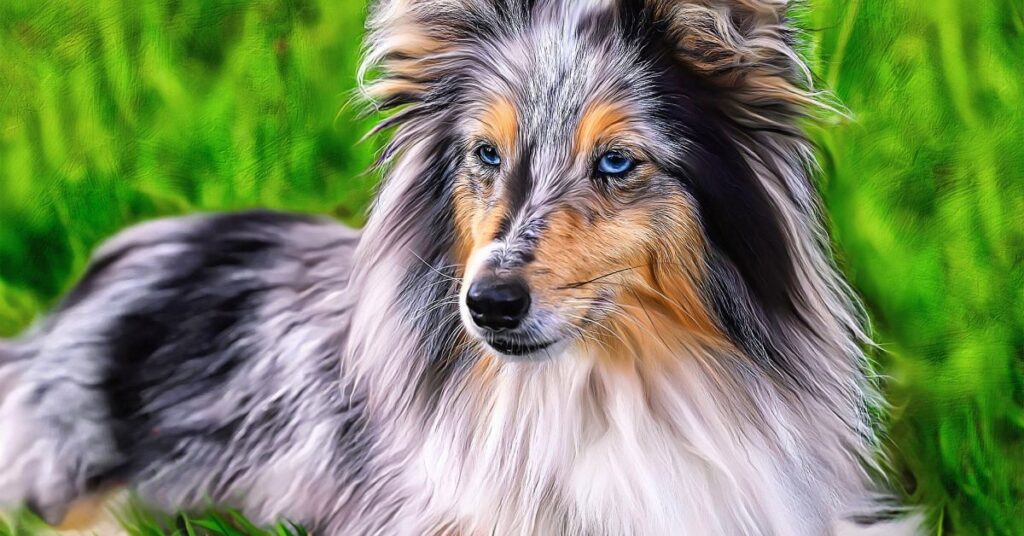
Famous Shetland Sheepdogs
The Shetland Sheepdog has gained recognition in various cultural contexts, including appearances in movies and dog sports competitions. The breed’s distinctive appearance and intelligent personality have earned it a reputation as a beloved and loyal companion.
Conclusion
The Shetland Sheepdog is a small, intelligent, and loyal breed that makes an excellent companion for active families. With proper training, socialization, and care, a Sheltie can be a devoted and graceful member of the family.


